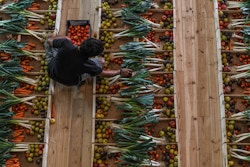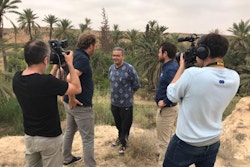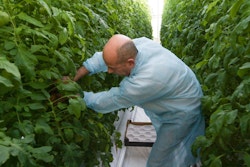Our food and health at the core of biodiversity issues
On Monday, May 6, 2019, the UN Panel of Experts on Biodiversity (IPBES) published an alarming report. In the medium term, one million species are threatened with extinction. And the pace is accelerating. It is in this tense atmosphere that the world is celebrating the International Day for Biological Diversity today, Wednesday, May 22.

The Fruta Feia project in Portugal
Deforestation, intensive agriculture, overfishing, urbanization, mining. The value of biological diversity is now recognized. Yet, some activities continue to affect it, inexorably reducing the number of living species on our planet. This is why several sustainable development goals (SDGs) set by the United Nations aim to preserve biodiversity. Directly, on land or at sea. Or indirectly, when they aim to mitigate climate change, restore ecosystems or fight water pollution. And even to fight hunger.
Because on Wednesday, May 22, 2019, the International Day for Biological Diversity focuses on biodiversity as the foundation of our food. Over the past 100 years, more than 90% of crop varieties have disappeared from the fields. Half of the breeds of many domestic animals have also disappeared. And around the world, the 17 main fishing grounds are exploited beyond their sustainable limits. This is how our entire diet becomes poorer. Putting us at risk of malnutrition, obesity or diabetes.
As the first French SDG ambassador, Energy Observer intends not only to raise awareness of the threats to biodiversity, but also to promote its commitment in this area. Energy Observer takes advantage of its odyssey around the world to meet those who are already implementing concrete solutions to reinvent agriculture and protect local biodiversity.



